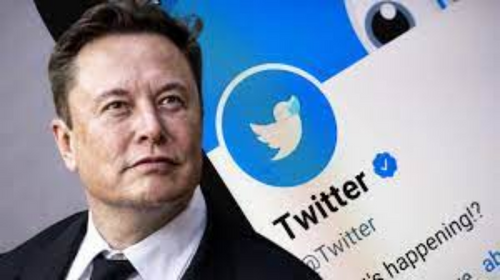
BBC reported that in an email to staff, the owner of the social media firm said workers would be expected in the office for at least 40 hours a week, Bloomberg reported.
Mr. Musk added that there was “no way to sugarcoat the message” that the slowing global economy was going to hit Twitter’s advertising revenues.
The BBC has contacted Twitter for comment.
The San Francisco-based company told its staff in May 2020 that they could work from home “forever” if they wished to because the company believed its remote working measures during Covid lockdowns had been a success.
But Mr. Musk has been on the record as having a dim view of remote work, writing on the site he now owns earlier this year that “all the Covid stay-at-home stuff has tricked people into thinking that you don’t need to work hard. Rude awakening inbound!”
In June, Mr. Musk, who also is the boss of Tesla, told staff at the electric car maker that working remotely was no longer acceptable.
The world’s richest man has already announced half of Twitter’s staff were being let go, a week after he bought the company in a $44bn (£38.7bn) deal.
Mr. Musk said he had “no choice” over the cuts as the company was losing $4m (£3.51m) a day. He has blamed “activist groups pressuring advertisers” for a “massive drop in revenue”.
The cuts – as well as Mr. Musk’s fierce advocacy of free speech – have led to speculation that Twitter could water down its efforts on content moderation.
However, Mr. Musk has insisted that the platform’s approach to harmful material remains “absolutely unchanged”.
As part of his shake-up of the social media platform, Mr Musk is rolling out plans to allow users to buy blue-tick verified status for $8 per month.
In his email to staff, Mr Musk said he wanted subscriptions to account for half of all of Twitter’s revenue.





